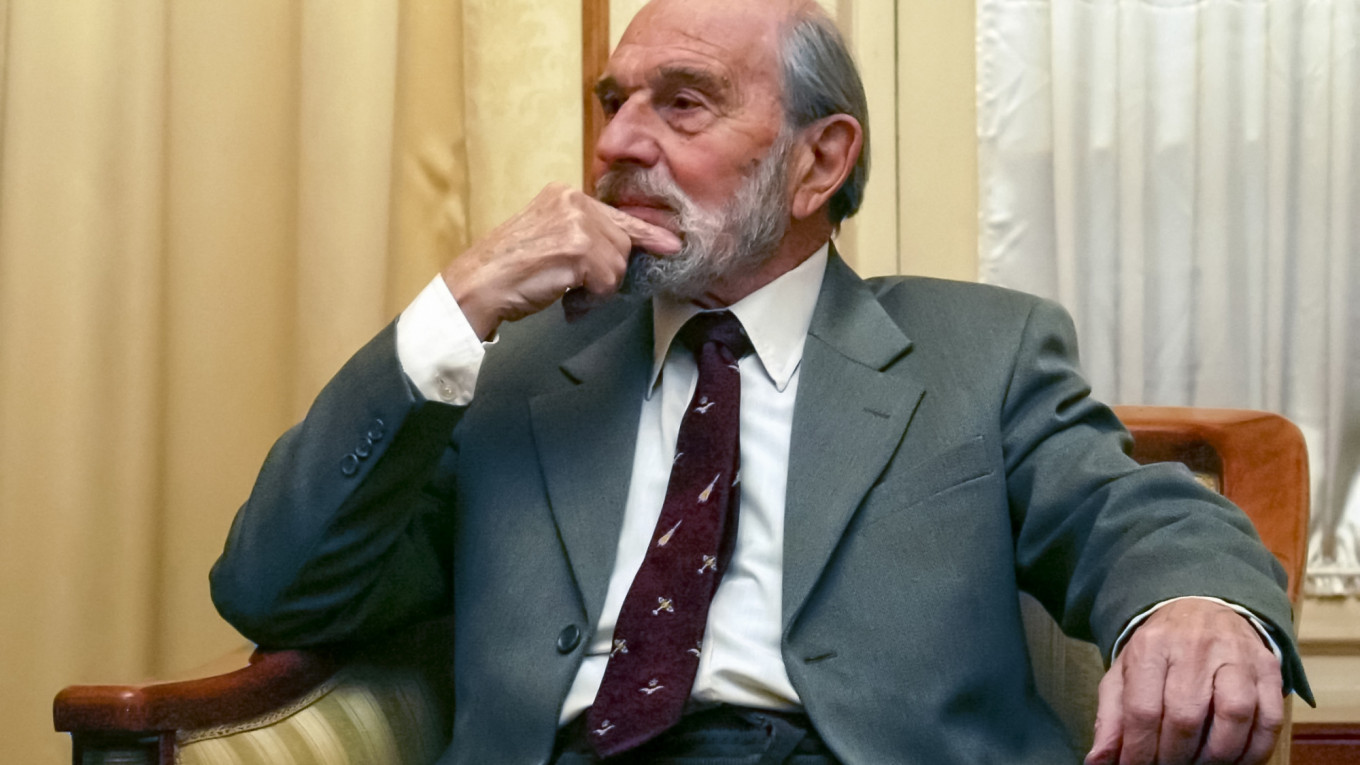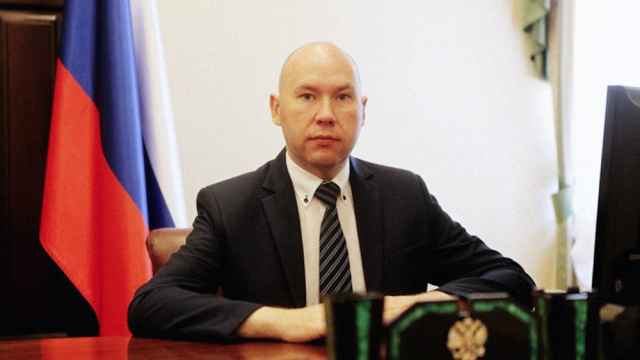George Blake, a famous "mole" in British intelligence who spied for the Soviet KGB during the 1950s before fleeing across the Iron Curtain, has died aged 98, Russian news agencies reported Saturday.
"The legendary intelligence officer George Blake has passed away today," the spokesman for Russia's SVR foreign intelligence service Sergei Ivanov told the TASS state news agency.
"He sincerely loved our country and admired our people's achievements during World War II," Ivanov added.
Russian President Vladimir Putin, himself an ex-KGB agent, on Saturday expressed his "deep condolences" to Blake's family and friends.
In a message published on the Kremlin website, the Russian leader noted Blake's "invaluable contribution to ensuring strategic parity and maintaining peace on the planet."
A former member of the Dutch resistance during World War II then an agent of the British foreign intelligence service MI6, Blake offered his services to the Soviets in the 1950s after witnessing U.S. bombings against the civilian population during the Korean War.
He provided the names of hundreds of MI6 agents to the KGB and revealed the existence of a secret tunnel in East Berlin that was used to spy on the Soviets.
In 1961, Blake was discovered as a double agent and was sentenced to a record 42 years of imprisonment in England.
Five years later, he broke out of prison using a rope ladder with the help of three cell mates.
After the escape, Blake was smuggled across the Iron Curtain into East Germany and traveled to the Soviet Union where he lived until his death.
Blake received a hero's welcome in Moscow and was awarded the rank of colonel by the Russian intelligence service.
After the fall of the Soviet Union, the country to which he dedicated his life, he said he never regretted his actions.
Blake was among the last living British double agents that the U.S.S.R. recruited during the Cold War.
A Message from The Moscow Times:
Dear readers,
We are facing unprecedented challenges. Russia's Prosecutor General's Office has designated The Moscow Times as an "undesirable" organization, criminalizing our work and putting our staff at risk of prosecution. This follows our earlier unjust labeling as a "foreign agent."
These actions are direct attempts to silence independent journalism in Russia. The authorities claim our work "discredits the decisions of the Russian leadership." We see things differently: we strive to provide accurate, unbiased reporting on Russia.
We, the journalists of The Moscow Times, refuse to be silenced. But to continue our work, we need your help.
Your support, no matter how small, makes a world of difference. If you can, please support us monthly starting from just $2. It's quick to set up, and every contribution makes a significant impact.
By supporting The Moscow Times, you're defending open, independent journalism in the face of repression. Thank you for standing with us.
Remind me later.






